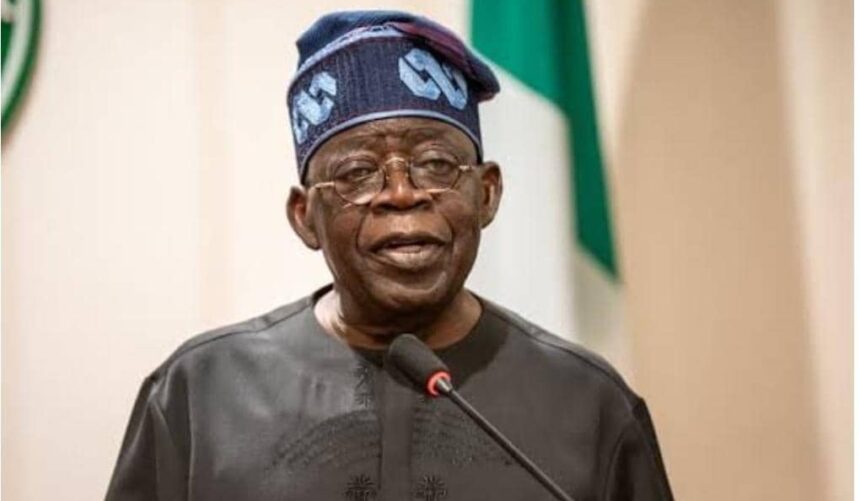As Nigeria marked its 65th Independence anniversary, President Bola Tinubu rolled out a list of what he described as “remarkable milestones” achieved in two years of tough reforms. But members of the Organised Private Sector, economists, farmers, and governance experts have warned that while macroeconomic indicators point to stability, households continue to grapple with unrelenting hardship, rising food prices, and fragile livelihoods.
In his nationwide broadcast, Tinubu declared that “the worst is over” for the economy, citing record-breaking non-oil revenue of over N20tn by August 2025, external reserves peaking at $42.03bn—the highest since 2019—, and a reduction in the debt service-to-revenue ratio from 97 per cent to below 50 per cent. He also highlighted a trade surplus of N7.46tn in the second quarter of 2025, increased crude oil output of 1.68 million barrels per day, and the commencement of local petrol refining for the first time in four decades.
“These are signs of an economy on the mend,” Tinubu said, adding that reforms, including ending fuel subsidies and unifying the exchange rate, had been painful but necessary to reset the economy and secure Nigeria’s future.
He also pointed to N330bn disbursed under social investment programmes to eight million vulnerable households and insisted that his administration was laying a foundation for prosperity, food security, reliable electricity, better education, and improved healthcare.
He stressed that infrastructural development—especially roads and rail—was vital to unlocking grassroots economic activity. “If you construct a road in a barren forest, you will see economic development immediately there,” he explained.
Follow zeenaija for all your latest news update


